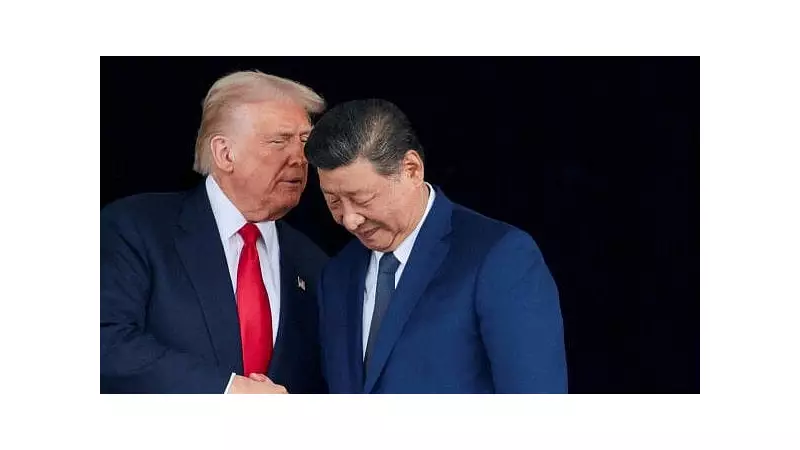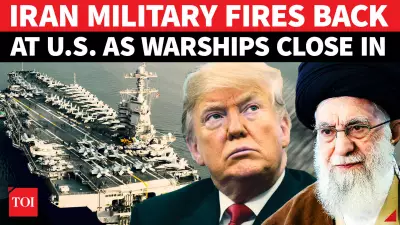
In a stunning revelation that sheds new light on US-China diplomatic manoeuvres, sources have disclosed that former US President Donald Trump made a personal appeal to Chinese leader Xi Jinping seeking the release of imprisoned Hong Kong media tycoon Jimmy Lai.
The High-Level Diplomatic Intervention
According to multiple sources familiar with the matter, Trump raised Lai's case directly with Xi during his presidency, marking a significant diplomatic intervention in one of Hong Kong's most high-profile legal battles. The American businessman-turned-politician reportedly pressed the Chinese president to consider releasing the prominent pro-democracy publisher.
Jimmy Lai, founder of the now-defunct Apple Daily newspaper, has become an international symbol of Hong Kong's shrinking press freedoms. His media outlet was known for its critical coverage of Beijing's policies before being forced to shut down under increasing political pressure.
A Complex Diplomatic Dance
The revelation highlights the intricate diplomatic balancing act that characterized Trump's approach to China. While publicly taking a hardline stance on trade and other issues, behind closed doors the former president was engaging in personal diplomacy on sensitive human rights cases.
Sources indicate that Trump's intervention occurred during a period of particularly strained relations between Washington and Beijing. The appeal for Lai's freedom came even as both nations were locked in contentious trade negotiations and geopolitical rivalries.
The Jimmy Lai Saga Continues
Despite Trump's personal appeal, Lai remains imprisoned and faces multiple charges under Hong Kong's national security law. His case has drawn international condemnation from press freedom organizations and Western governments concerned about the erosion of Hong Kong's autonomy.
The 75-year-old media mogul's legal troubles began in 2020 when he was first arrested under the controversial national security legislation imposed by Beijing. His prosecution has been widely viewed as a test case for Hong Kong's judicial independence and freedom of expression.
Broader Implications for US-China Relations
This disclosure comes at a time when current US President Joe Biden's administration continues to express concerns about human rights in China and Hong Kong's diminishing freedoms. The revelation of Trump's personal intervention adds another layer to the complex tapestry of Sino-American relations.
Experts suggest that such high-level appeals, while rarely successful in immediately securing releases, can sometimes lead to improved conditions for detainees or create diplomatic openings for future negotiations.
The White House has not officially commented on these revelations, leaving many questions unanswered about the full extent of Trump's efforts and China's response to the unusual presidential appeal.






